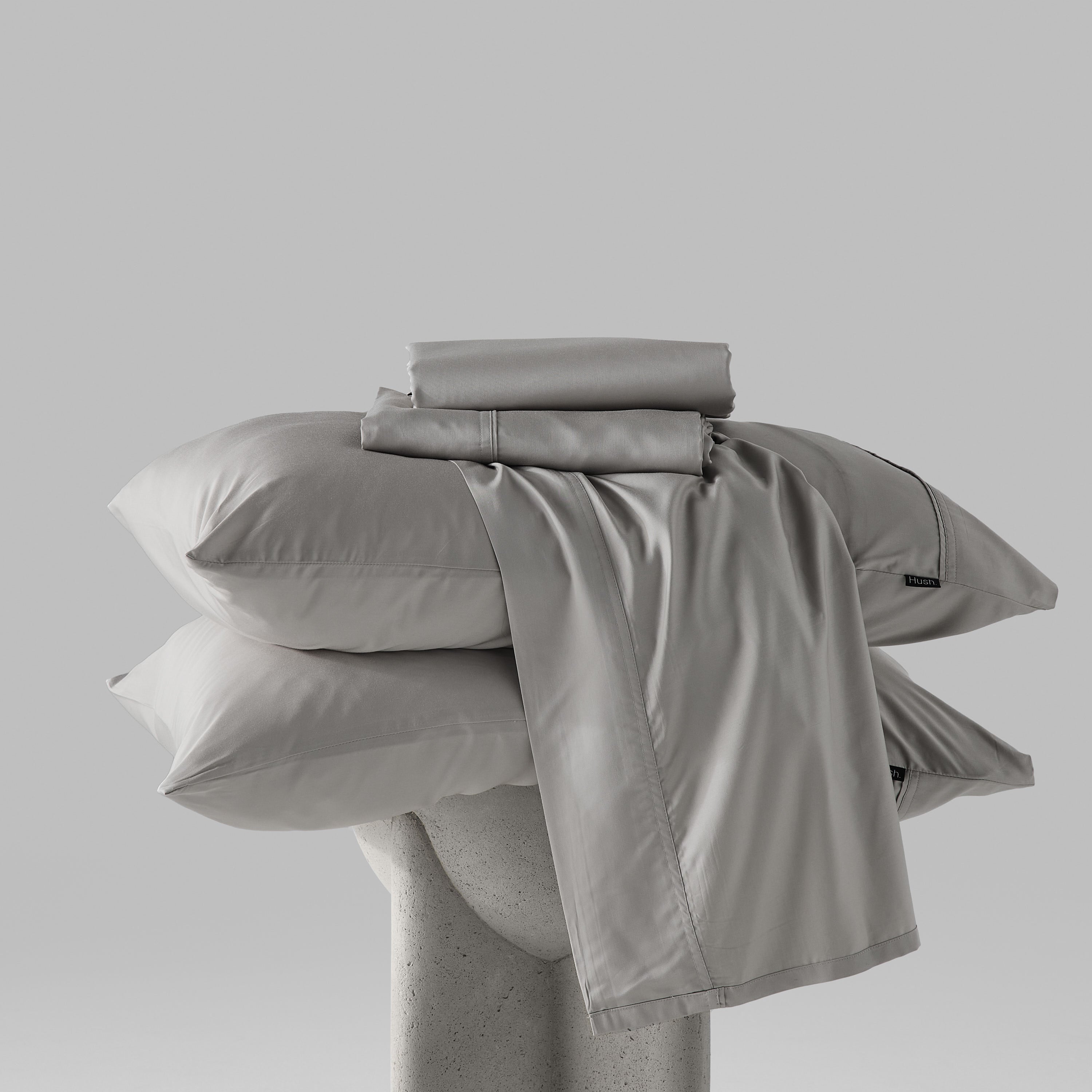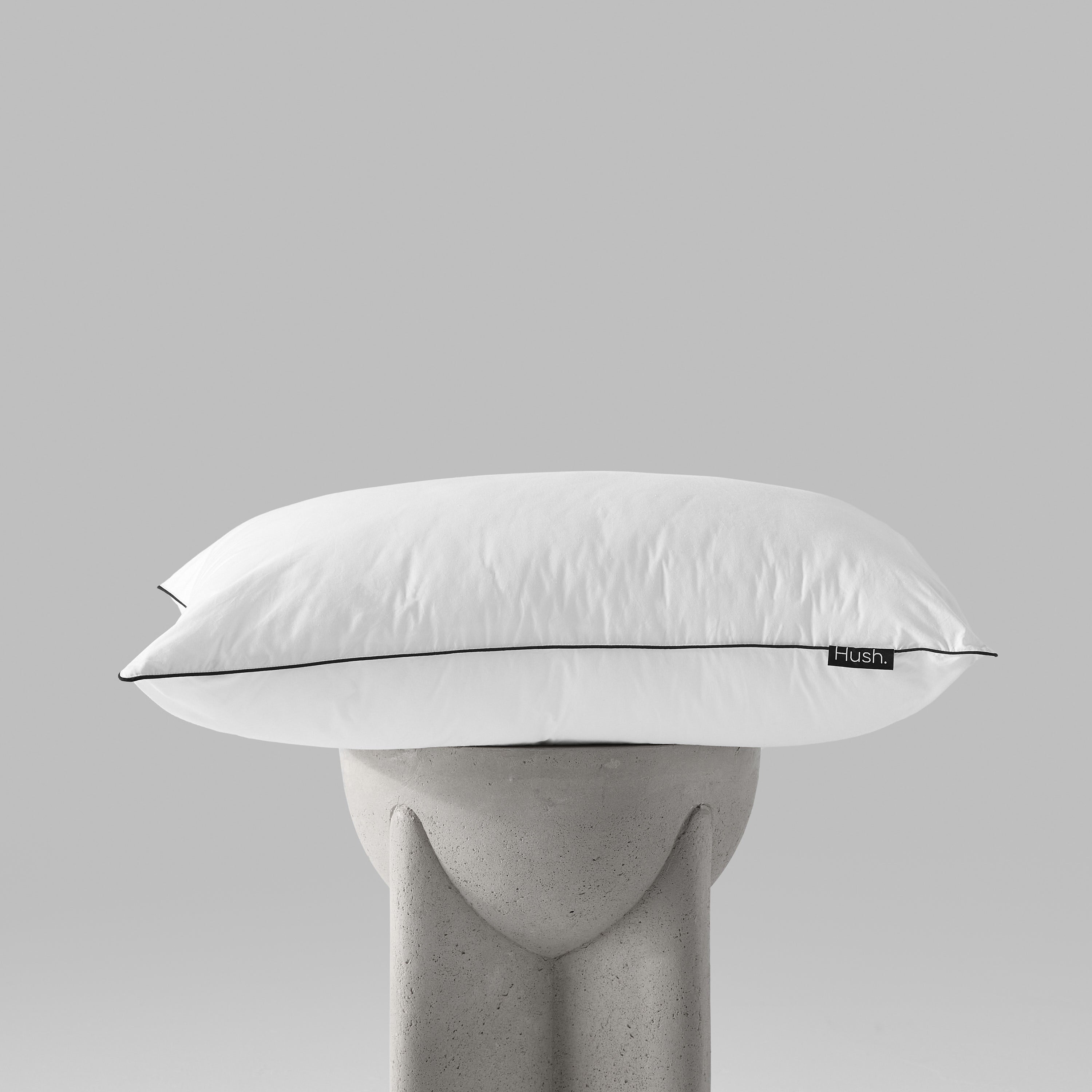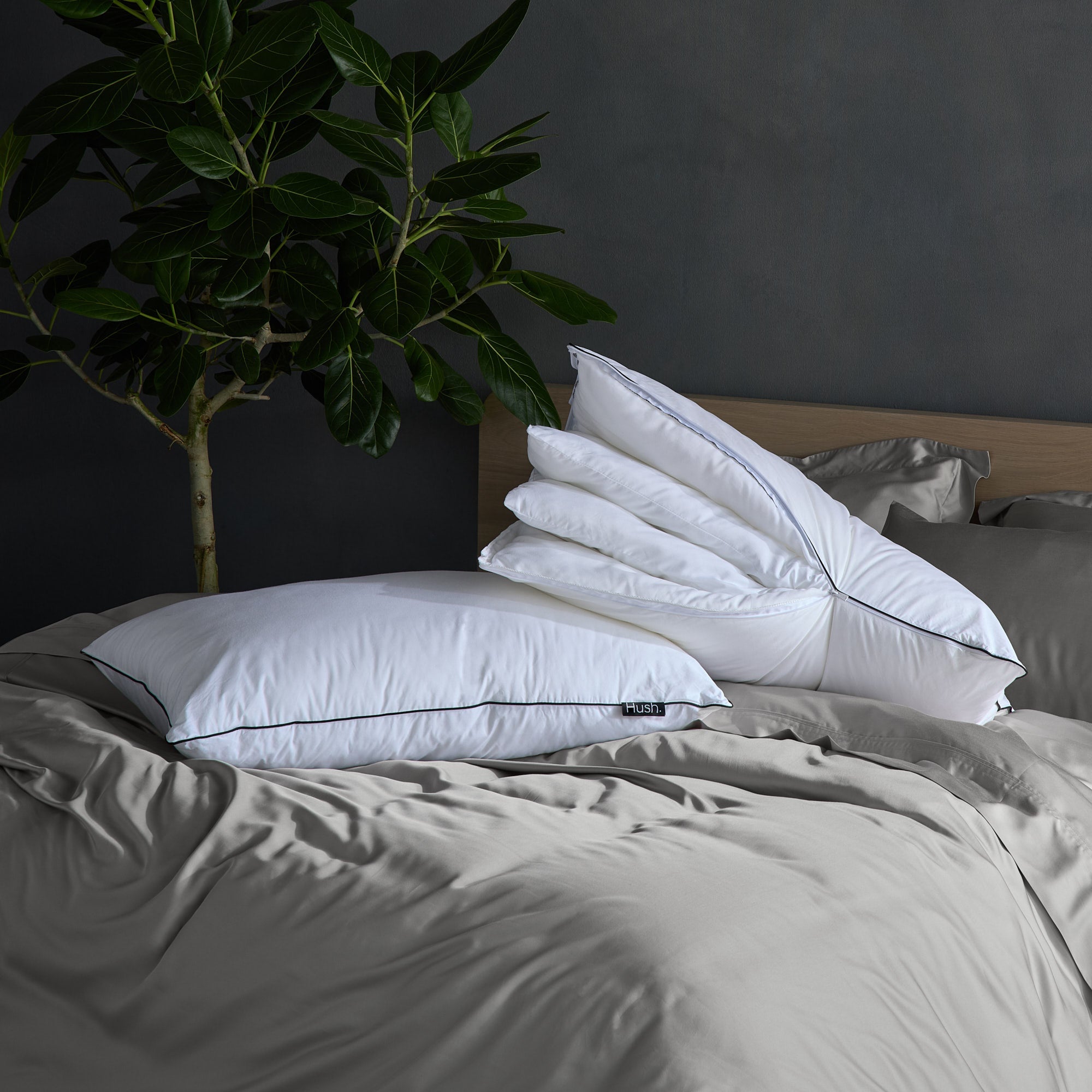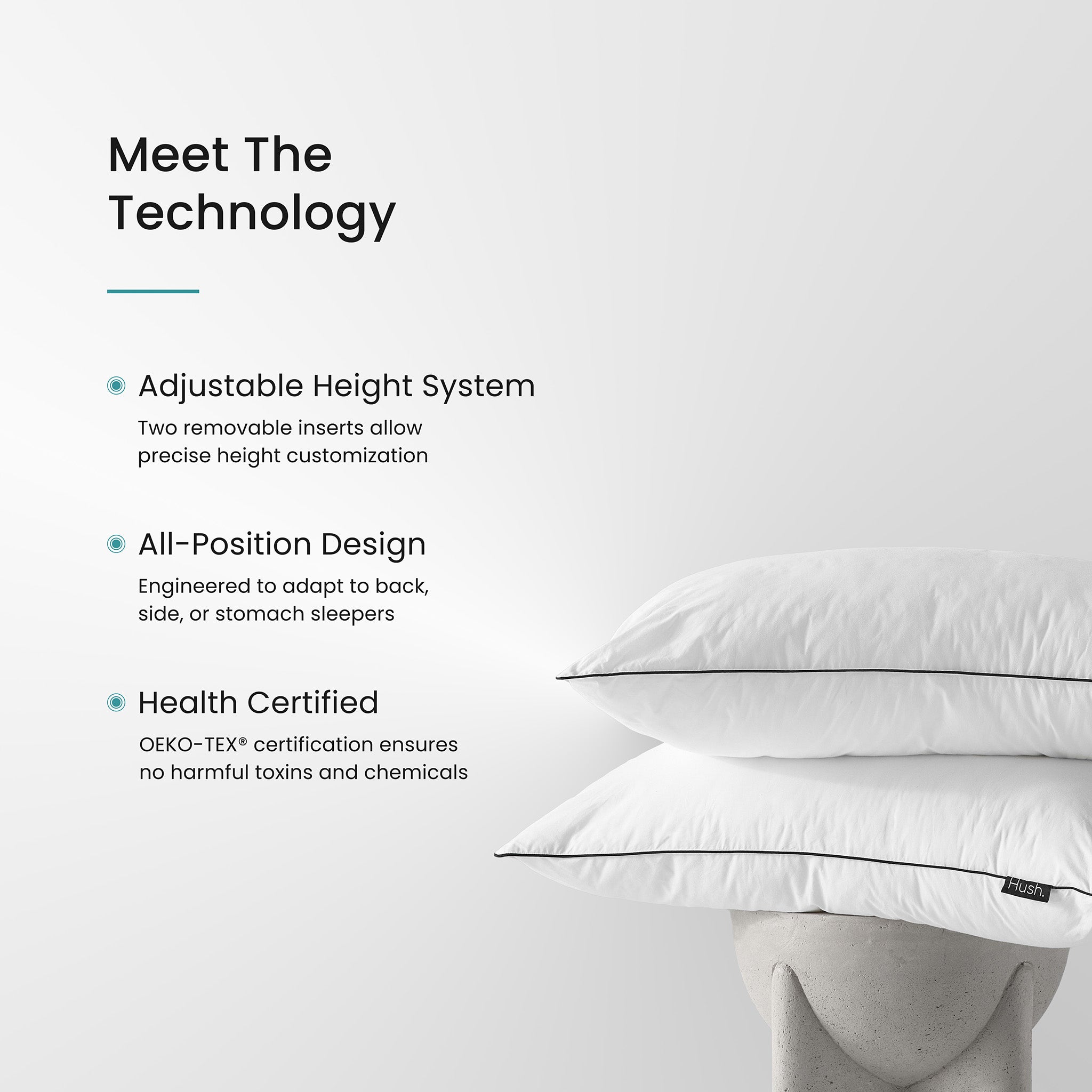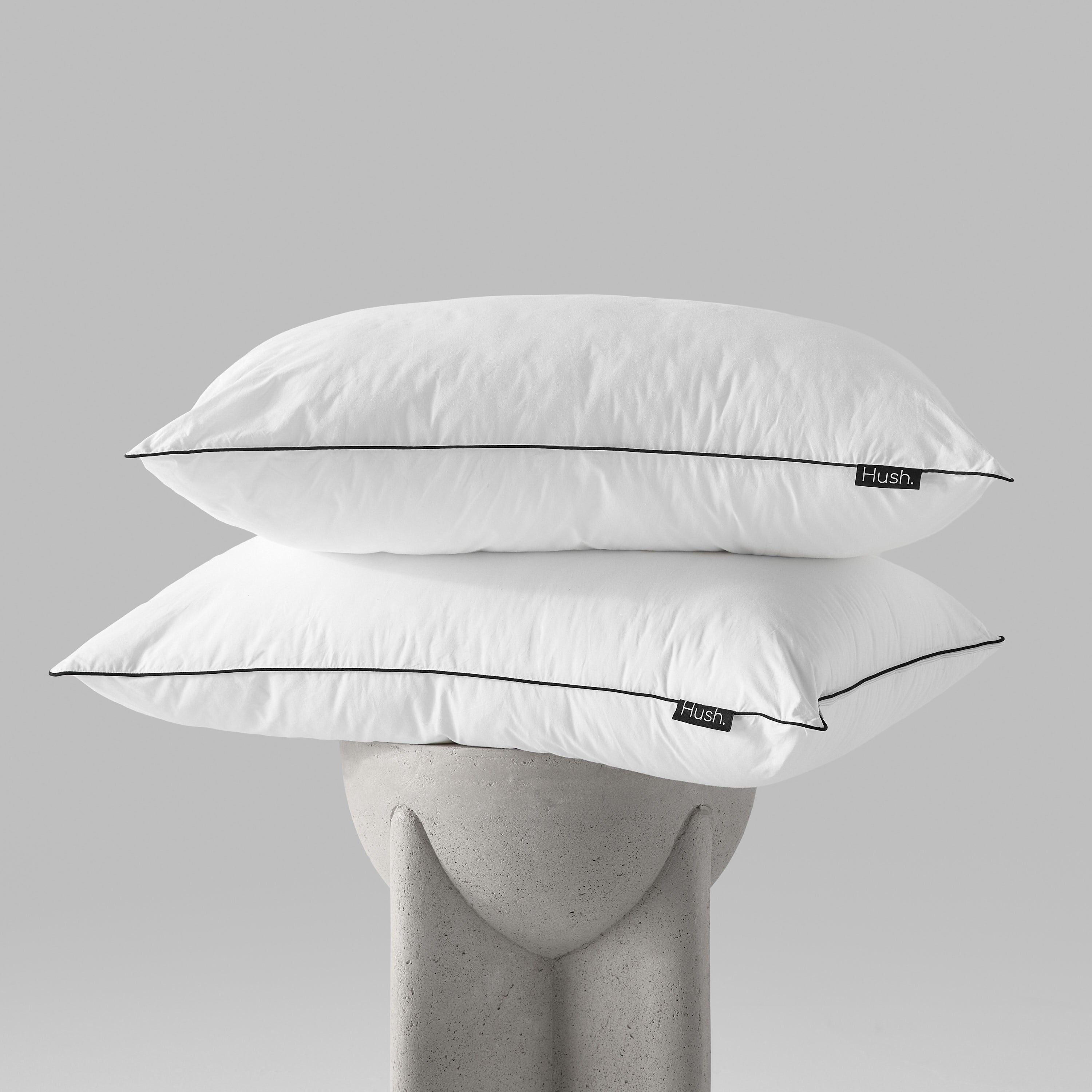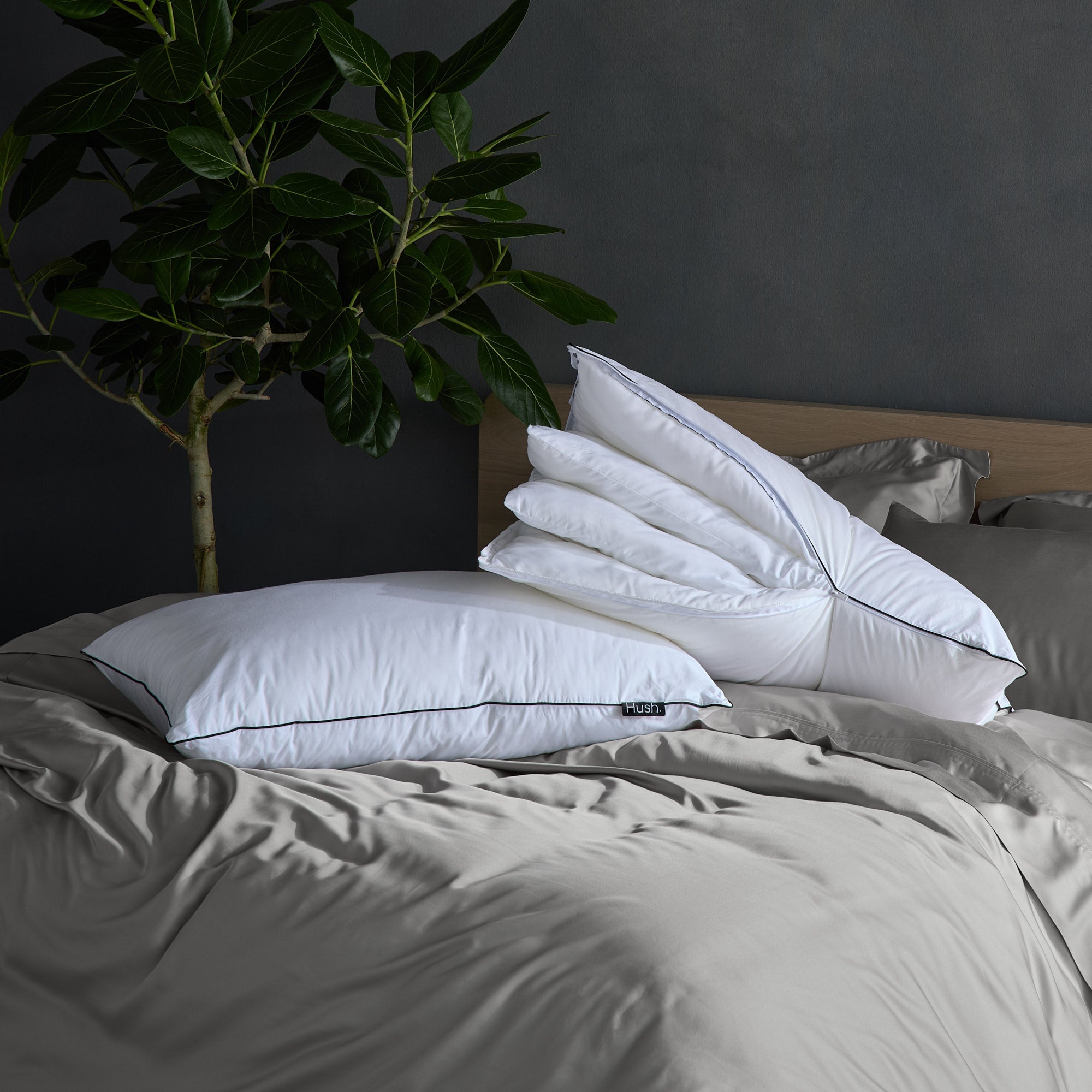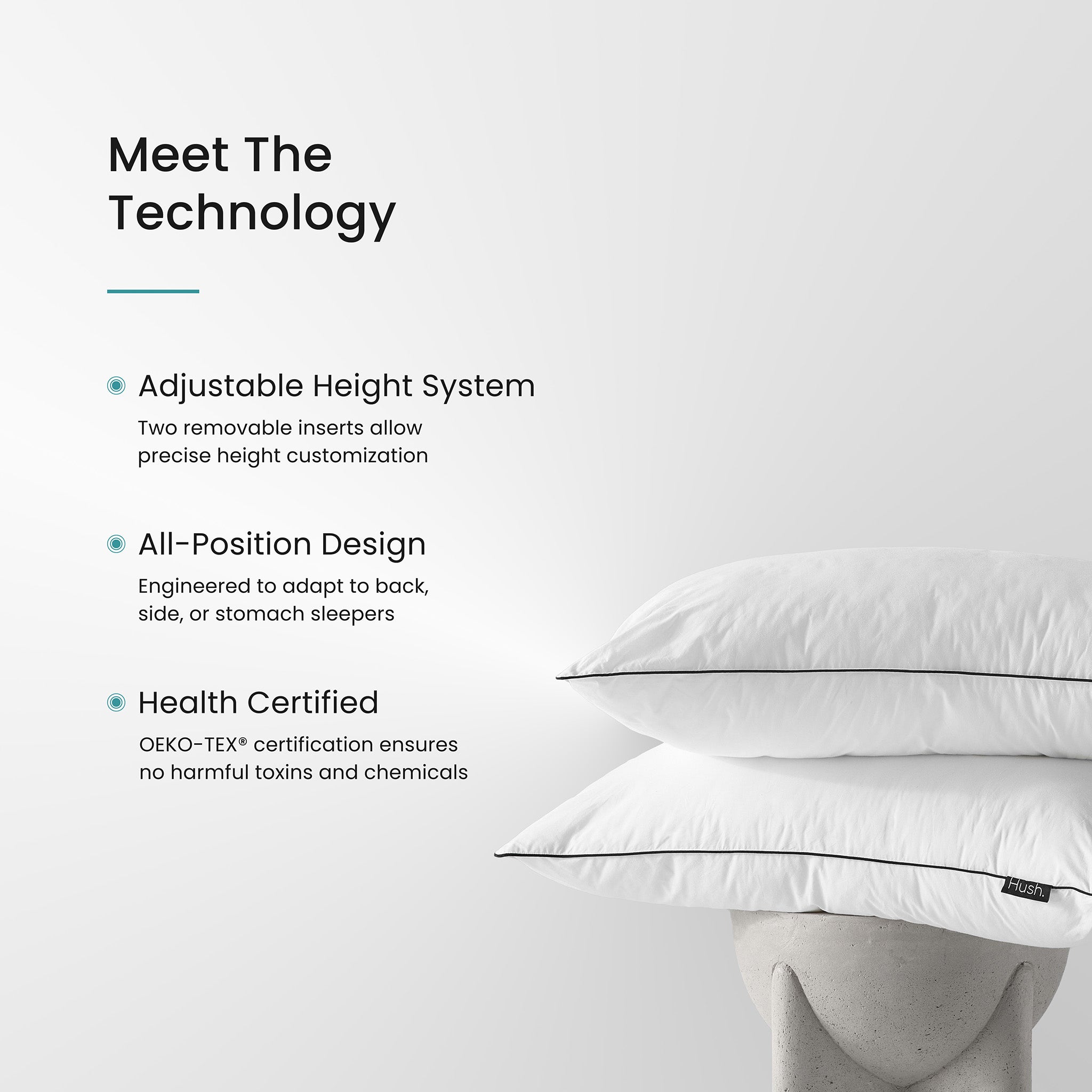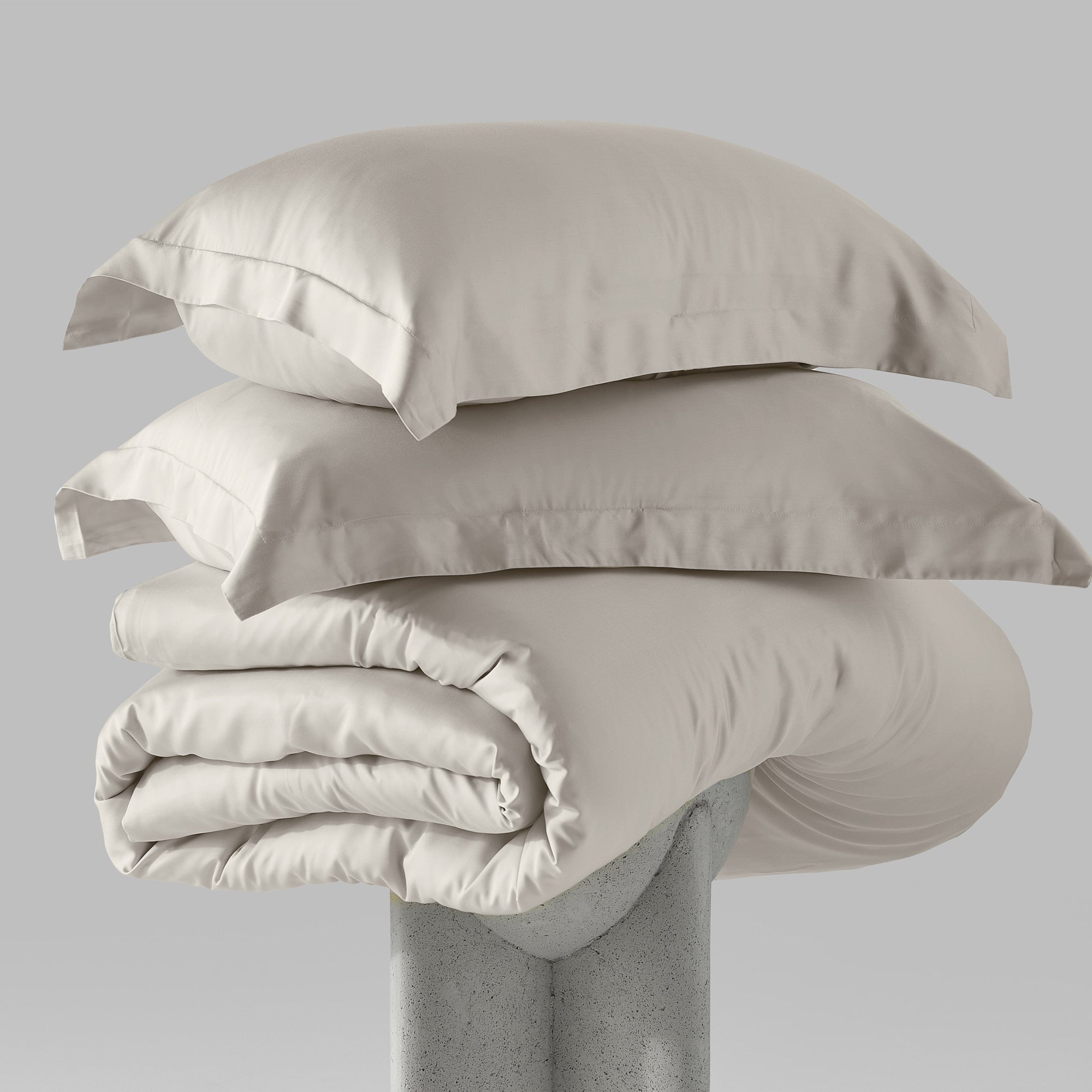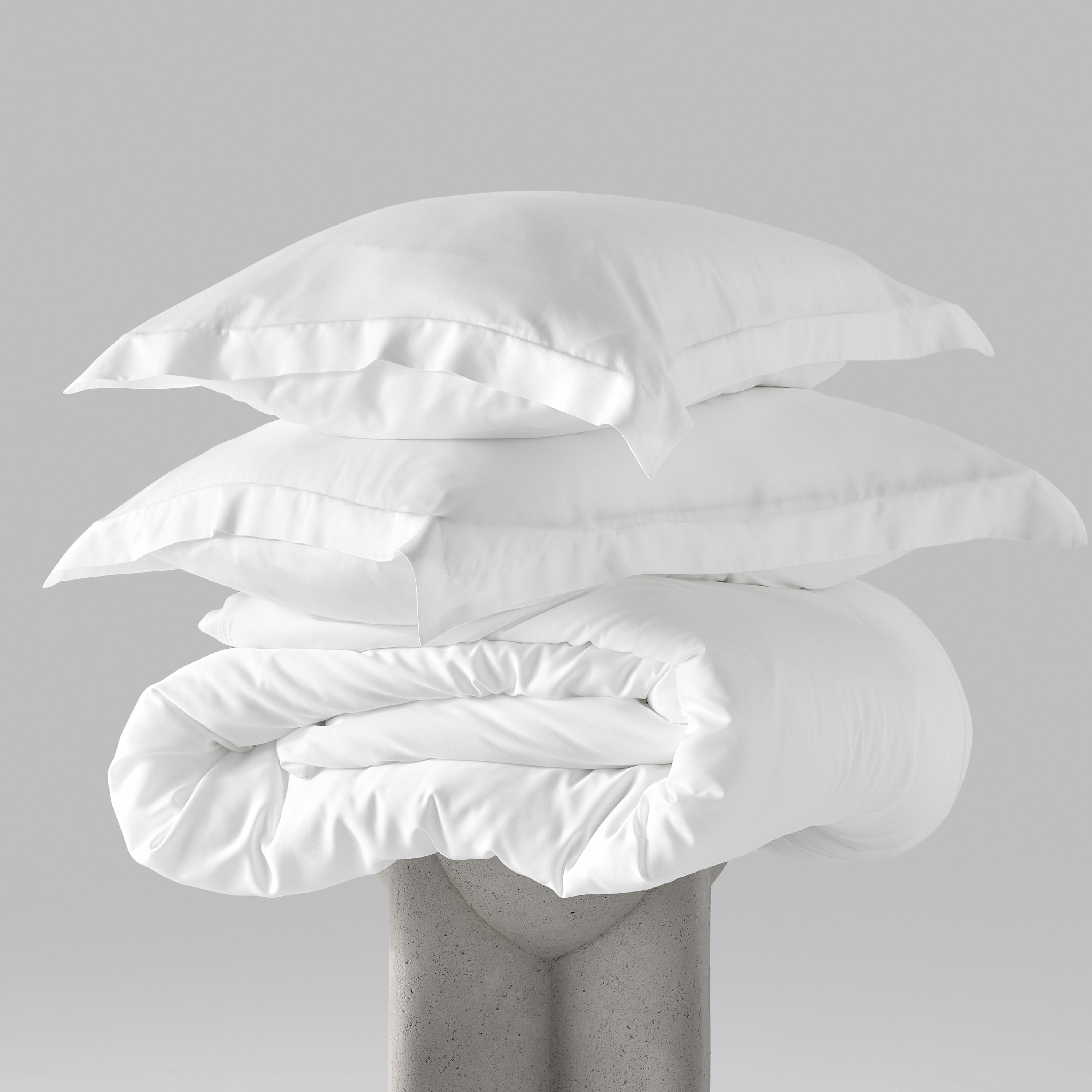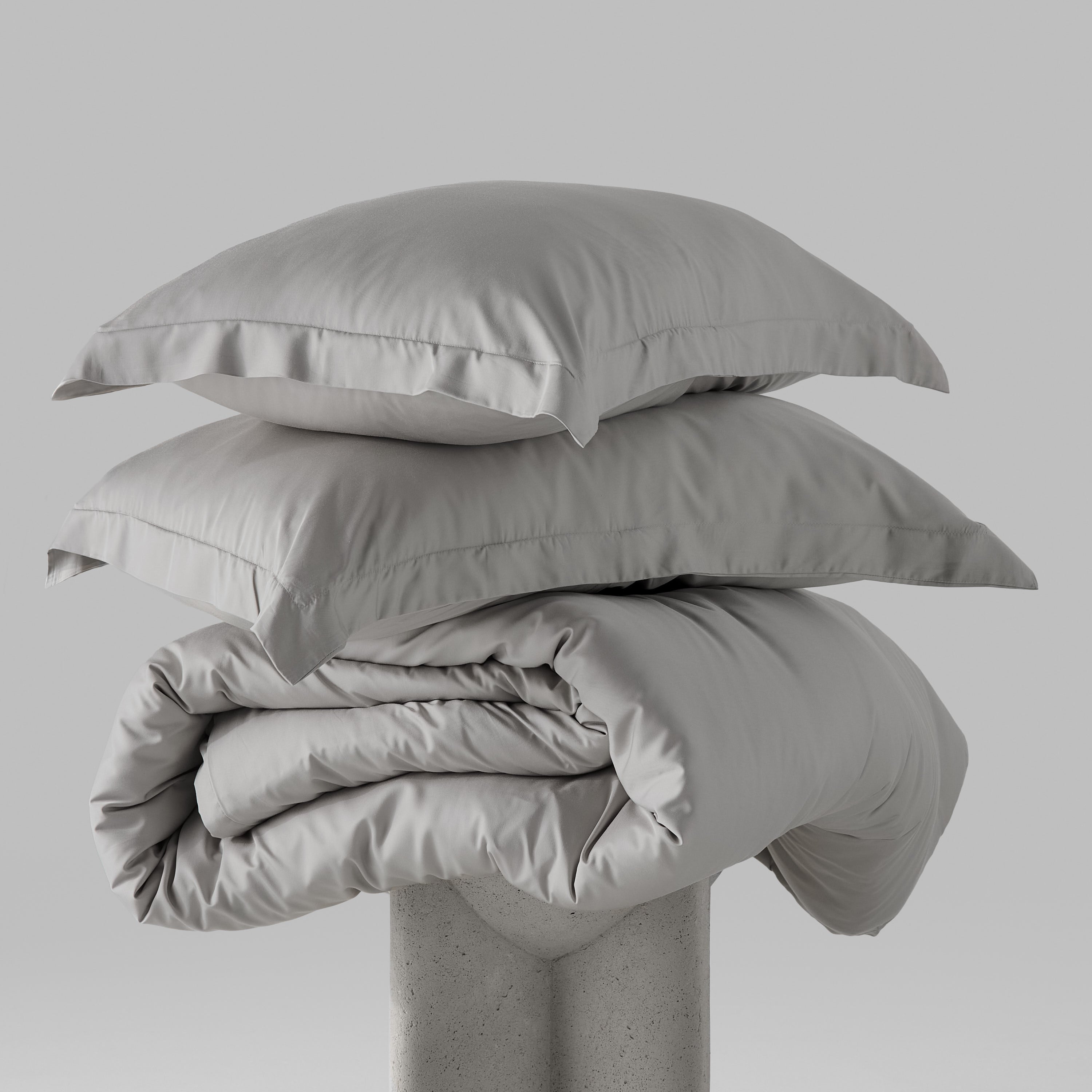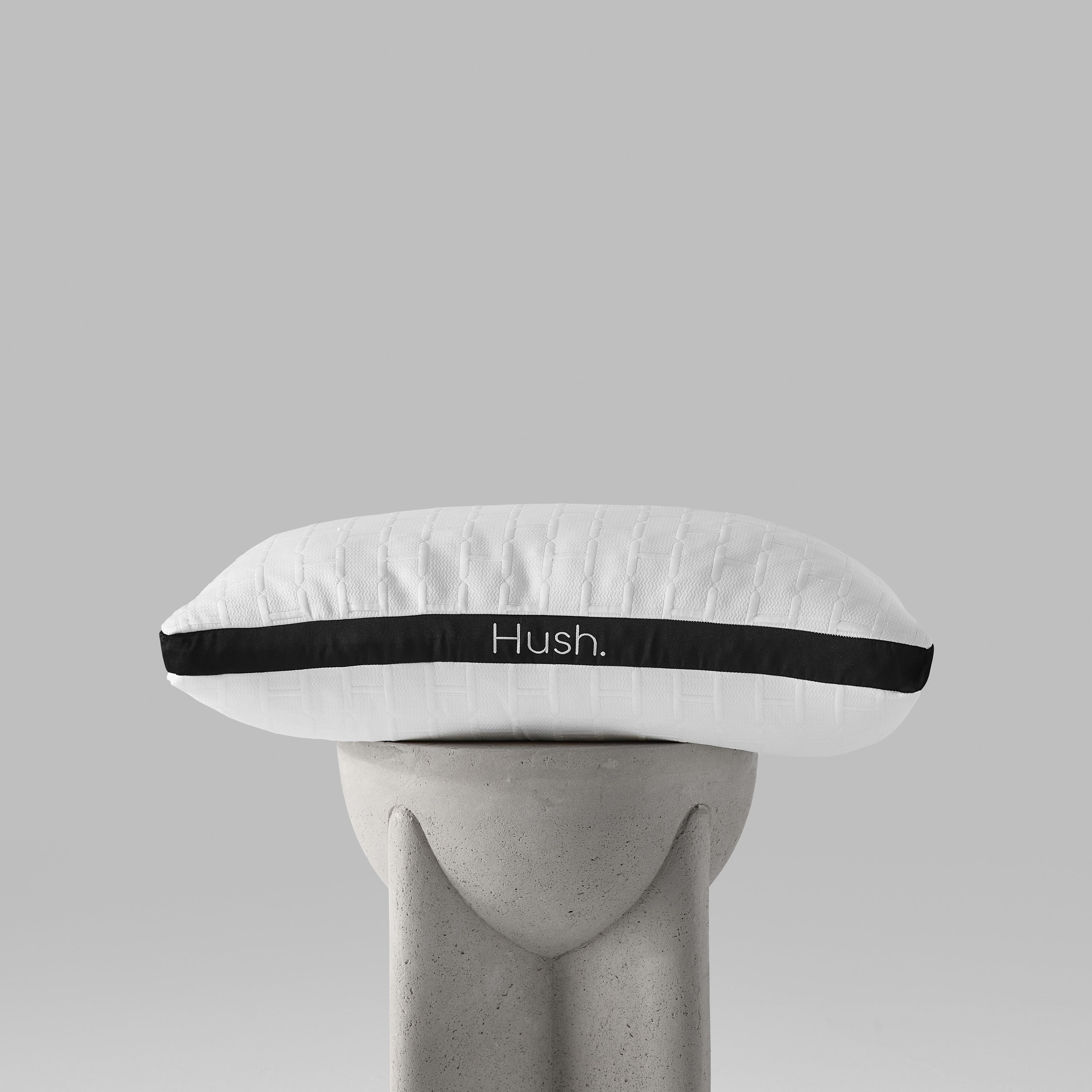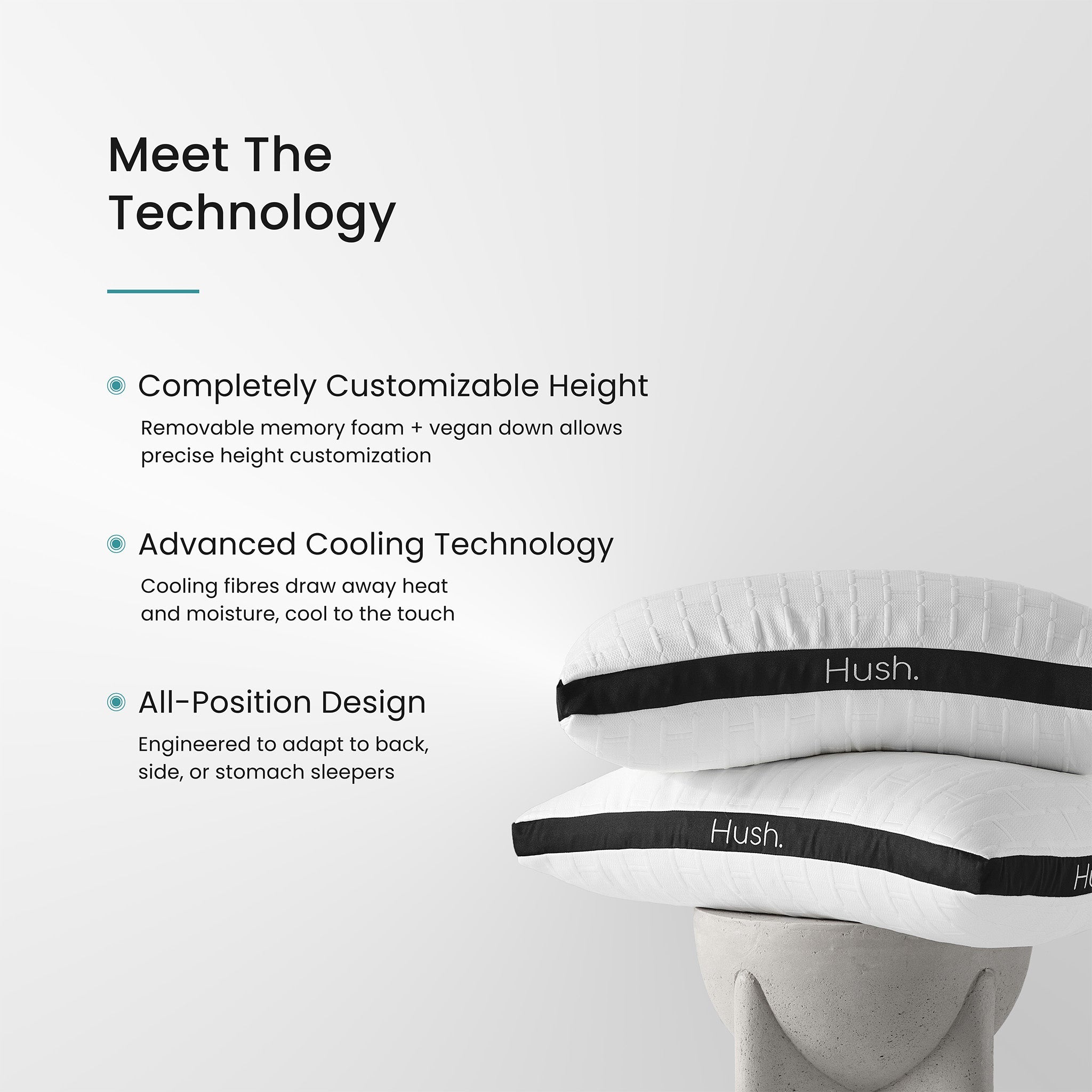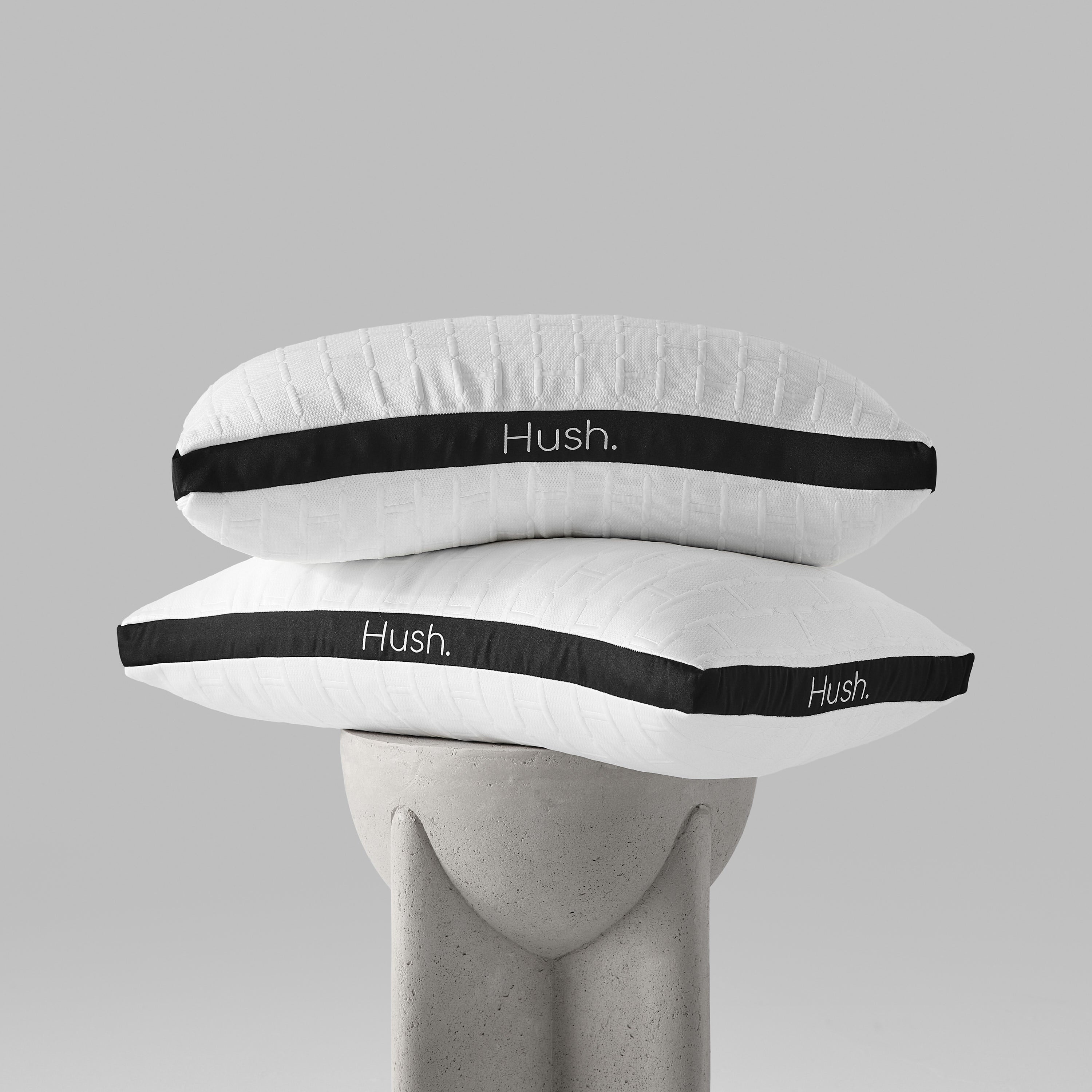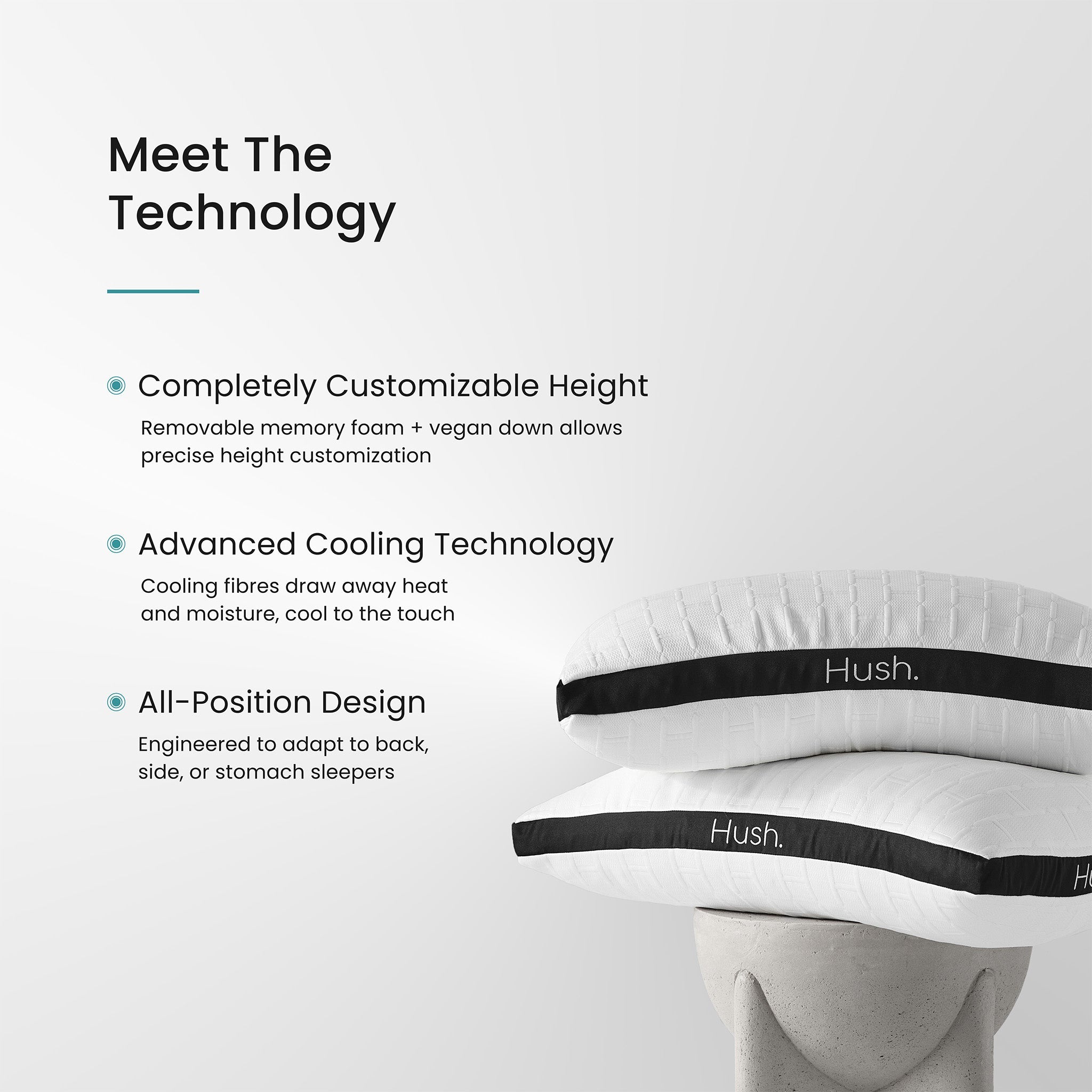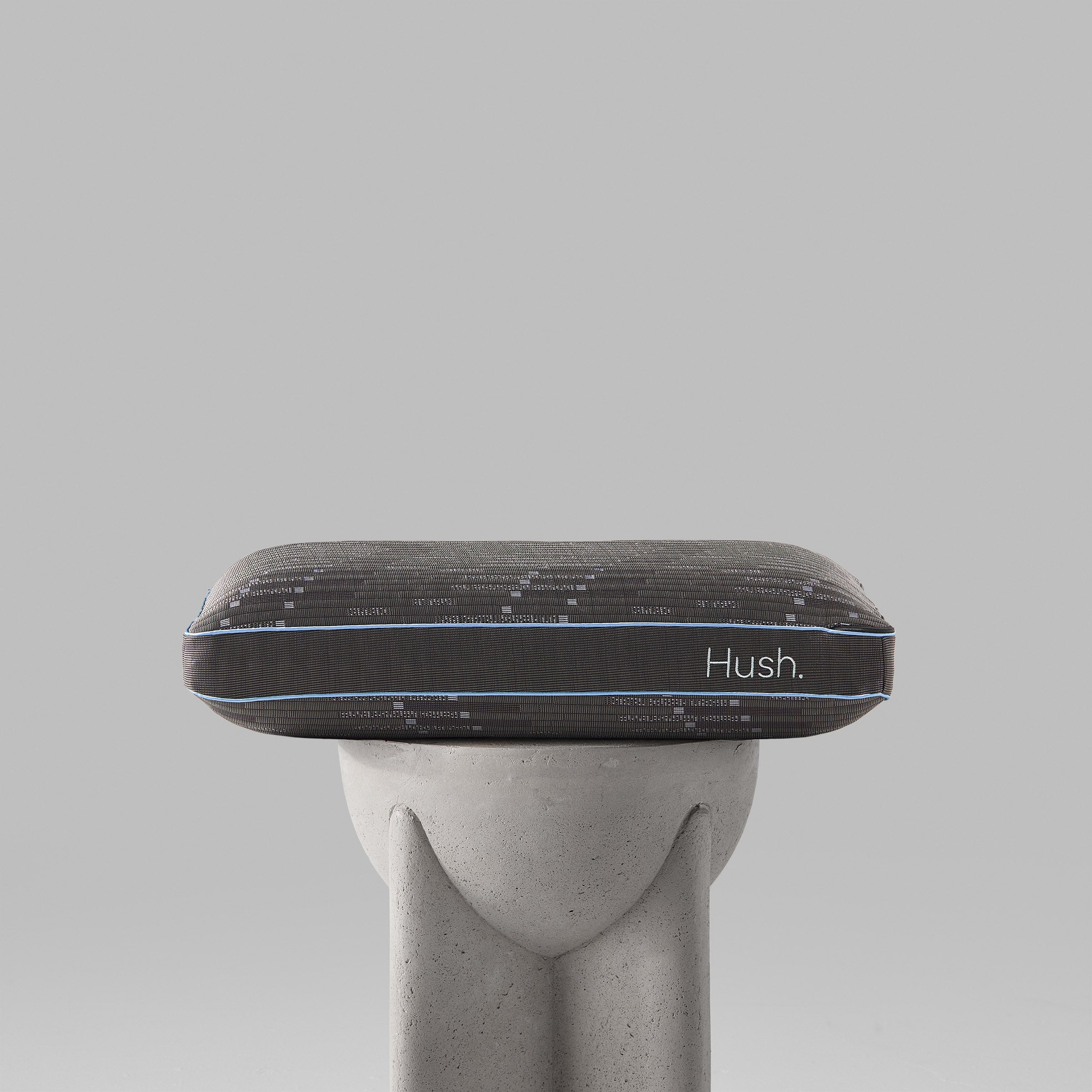
Like it or not, we all experience stress. This isn’t necessarily a bad thing. Remember, stress is part of our body's survival instinct. When we encounter a stressful situation, our body starts producing cortisol and adrenaline to trigger a fight-or-flight response. But did you know that there are different types of stress that could affect your mental health and your ability to get a good night's sleep?
Understanding what type of stress you are dealing with can help you plan appropriate stress management strategies and improve your well-being.
Here's what you should know about these three different types of stress so you can improve how you feel (and how you sleep).
Type 1: Acute Stress

Acute stress is the most common type of stress — and unlike other types of stress, it isn't always linked to negative events.
Events that trigger acute stress can happen almost every day. Hitting the brakes when someone cuts you off in traffic or even riding a rollercoaster can trigger a stress response. Even if you don’t consciously think of these as “threats,” your brain still recognizes them as a risk, which produces a stress reaction. These serve as learning experiences for your brain to help it know how to deal with threats. This is how some of us come to love activities like skydiving — we essentially teach our brains that the risk isn’t as high as it might seem.
As a result, your body's reaction to the stressor tends to last for just a short period of time. Common symptoms following an acute stress incident include a rapid heart rate, muscle tension, upset stomach, or a tension headache.
While these symptoms are generally mild and go away on their own, those who experience more extreme trauma (such as a car accident or natural disaster) can develop an acute stress reaction. They will experience more intense physical symptoms that can last from three to 30 days after the traumatic event. As you keep replaying the incident over again in your mind, symptoms such as high blood pressure will last longer as your stress levels remain elevated. This stress disorder can also lead to PTSD.
While you can't always predict what will happen during the day, you can still take steps to avoid acute stress. For example, if you know that rush hour traffic stresses you out, you might want to look into altering your work hours or driving route.
Type 2: Episodic Acute Stress

Episodic acute stress is the next level of acute stress — essentially, it's when you experience acute stress on a frequent basis. Episodic acute stress is likely to be the case when your life feels chaotic and unorganized. You might feel like you have so many responsibilities and worries that your daily life is filled with stressors. You go from one short-term stressor to the next, with few peaceful breaks in between. It should be noted that this generally isn’t the result of ongoing trauma (like having a parent in jail). Instead, it occurs when you have more extreme reactions to otherwise normal stressors. For example, missing a deadline at work could cause a high-stress reaction where you think you’re going to lose your job and your home.
Quite often, episodic acute stress is the result of lifestyle choices and your personality, rather than the unexpected, uncontrollable events associated with regular acute stress.
For example, someone who works all day at their 9 to 5, then comes home and works on a side hustle until 10 pm may feel like they are constantly rushing from one task to the other. This can be even worse if the weekend is completely booked with other responsibilities (like taking your kids to football practice and then volunteering for the neighborhood HOA).
In addition to increased irritability and hostility toward others, episodic acute stress can lead to anxiety as you feel increasingly overwhelmed. At the same time, you might give up on hobbies or healthy goals. Left unchecked, episodic acute stress can eventually lead to depression, particularly if you turn to unhealthy coping mechanisms like binge drinking.
When you have too many demands on your time or are constantly worried about what could go wrong with one of your many responsibilities, you need to make some changes before they start taking a lasting toll on your physical health. Practicing mindfulness is key to reducing your emotional stress. You may need to cut out certain responsibilities so you can take some time for rest and relaxation. Schedule time for exercise and fun activities that help you de-stress. Don’t be afraid to schedule a vacation so you can really “get away” from everything!
People who experience episodic acute stress may not always be able to tell when their lifestyle causes them to feel overwhelmed. Friends and family will sometimes need to step in to help their loved ones recognize that something is wrong.
Type 3: Chronic Stress

Chronic stress describes a type of long-term stress that causes your body to experience a fight-or-flight response on a near-constant basis. Unlike episodic acute stress, chronic stress is typically the result of a single stressor that weighs on you day and night.
Sources of chronic stress could include an unhappy marriage, a bad boss at work, financial troubles, or chronic health issues. Ongoing stress can cause individuals to feel trapped or oppressed. Burnout is a common result of chronic stress.
Chronic stress is linked to several significant health issues. Someone might experience trouble sleeping, changes in appetite, low self-esteem, and trouble concentrating. Long-term, consequences can be even more severe, with an increased risk for depression, heart disease and other cardiovascular issues, ulcers, a weak immune system, insomnia, and mental health disorders.
Chronic stress often requires the help of a health professional to identify the source of stress and to implement relaxation techniques to reduce anxiety. Sometimes, significant life changes — such as leaving a bad relationship or high-stress job — may be necessary to eliminate chronic stress.
Stress and Sleep
Regardless of which type of stress you’re dealing with, there is no denying that it can have a major impact on your sleep quality.
Stress and sleep have a complex relationship. For example, the American Psychological Association reports that 21% of adults feel more stressed when they do not get enough sleep. A lack of sleep can cause you to feel more irritable and fatigued. Insomnia can also impair performance at school or work, cause difficulty concentrating, and decrease energy and motivation — all of which can add to your stress levels. As a result, daily stressors can seem harder to deal with than they normally would be.
At the same time, those who are overly stressed are more likely to experience insomnia and other sleep disorders. Instead of being able to fall asleep, stressed individuals might lie awake, stewing over the events of the day or worrying about the future. Some people can even develop chronic insomnia that leaves them anxious and worried about sleep.
On the other hand, improving your sleep quality can help you better manage stress. When you are well rested, your mood and energy levels will improve. You will be able to focus on your daily tasks, and it will be easier to put stressors in the proper perspective.
Simple Tips to Combat Stress

Regardless of the types of stress you experience, some basic stress management techniques can make your day to day routine more manageable:
Exercise
Exercise is a natural stress reliever, as it helps your body produce mood-boosting endorphins. Even going for a walk can help! Try to get at least 30 minutes of exercise each day.
Build a Strong Social Support Network
For many people, talking with family and friends can provide powerful motivation and emotional support. Your loved ones can hold you accountable as you work toward healthy mindfulness goals. Perhaps even more importantly, these discussions will help you feel less alone with your problems. Talking about what you’re going through can help you externalize the challenges you’re facing and put them in perspective.
Practice Deep Breathing and Other Relaxation Techniques
Meditation, muscle relaxation exercises, and deep breathing can help you clear your thoughts and release built-up muscle tension so you can relax and de-stress. Research has directly linked meditation to improved well-being by reducing anxiety and depression.
Get More Sleep
The average adult needs 7-9 hours of sleep each night. Poor sleep quality will actually increase your stress levels. You can improve your sleep length and quality by going to bed at the same time each night, avoiding smartphone use right before bed, and sleeping with a weighted blanket.
If your own stress relief efforts don't seem to be getting the results you need, reach out to a healthcare professional. They can help you identify coping strategies, suggest therapy options, or prescribe medication if necessary.
Keep Stress From Disrupting Sleep

Among the many health problems that can result from stress and anxiety, disrupted sleep should never be overlooked. Insomnia and other sleep interruptions resulting from stress can keep you from getting adequate sleep, night after night.
Fortunately, a Hush Weighted Blanket can help relieve your anxiety, regardless of which types of stress you are experiencing. These weighted blankets use deep touch pressure to provide a gentle sensation that feels like getting wrapped in a hug. This can help lower the stress hormone cortisol, making it easier to fall asleep and stay asleep.
When paired with other stress relief products and practices, our weighted blankets can help provide peace to both mind and body. By implementing some self-care into your bedtime routine, you will be better able to face the day.










